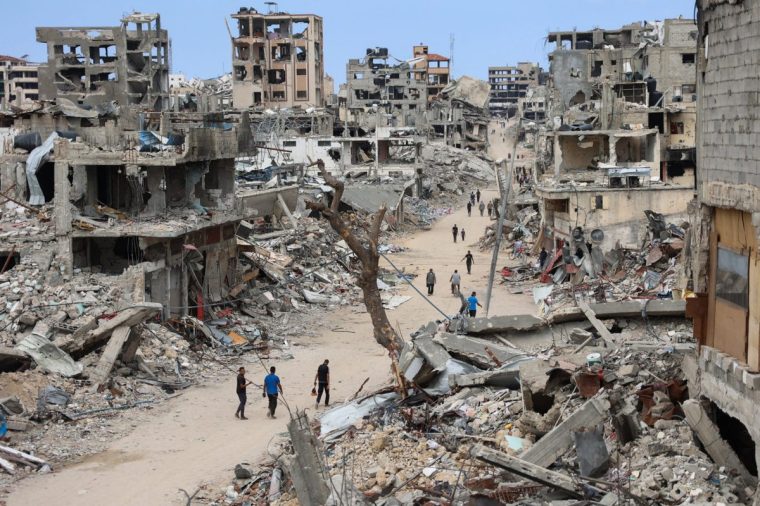Israel has filed appeals against International Criminal Court (ICC) arrest warrants for Prime Minister Benjamin Netanyahu and former defence minister Yoav Gallant, and announced the closure of its embassy in Dublin.
The appeals uploaded to the ICC website challenge the warrants on several grounds, including a claim the court lacks jurisdiction, and argue “the Pre-Trial Chamber’s findings are erroneous”.
The court issued warrants last month for the Israeli leaders and Hamas commander, Mohammed Deif, after rejecting a series of objections from Israel and allies.
The warrants charge Netanyahu and Gallant with offences related to the war in Gaza, including “the war crime of starvation as a method of warfare”.
There was no immediate comment from the Israeli government following the appeals, first reported by Israel’s Army Radio.
The accused strongly deny the charges, which Netanyahu described as “false and absurd”. Israel is not a member of the ICC but Palestine is, and the court ruled that potential offences fell within its jurisdiction.

The US government has also attacked the verdict, which Presdient Joe Biden branded “outrageous,” with some officials calling for sanctions on the ICC.
The UK has said it will honour its obligations to the court but stopped short of confirming it would enforce the warrants against Netanyahu or Gallant if they were on British soil.
Separately, Israel has announced that it will close its embassy in Dublin, because of Ireland’s support for South Africa’s ongoing case against Israel at the International Court of Justice (ICJ), which charges Israel with genocide.
The move was announced by the Israeli foreign minister, Gideon Sa’ar, who said it was prompted by the Irish government’s “extreme anti-Israeli policies”.
Ireland’s Prime Minister Simon Harris, hit back at the claims in a statement, saying Netanyahu’s government had made a “deeply regrettable” decision and “utterly” rejected the “assertion that Ireland is anti-Israel”.
He added: “Ireland is pro-peace, pro-human rights and pro-international law.
“Ireland wants a two-state solution and for Israel and Palestine to live in peace and security. Ireland will always speak up for human rights and international law. Nothing will distract from that.”
Irish Foreign Minister Micheal Martin said in March that while it was for the world court to decide whether genocide is being committed, he wanted to be clear that Hamas’s 7 October attack on Israel last year and what is happening in Gaza now “represents the blatant violation of international humanitarian law on a mass scale”.
Israel’s government also approved a plan today to expand Israeli settlements in Syria’s Golan Heights, a territory it has occupied since the Six-Day War of 1967, claiming this was “in light of the war and the new front facing Syria”.
Netanyahu said in the statement: “Strengthening the Golan is strengthening the State of Israel, and it is especially important at this time. We will continue to hold onto it, cause it to blossom, and settle in it.”
Israel has seized more Syrian territory since the fall of the Assad regime, expanding into a “buffer zone” established after the 1967 war.


